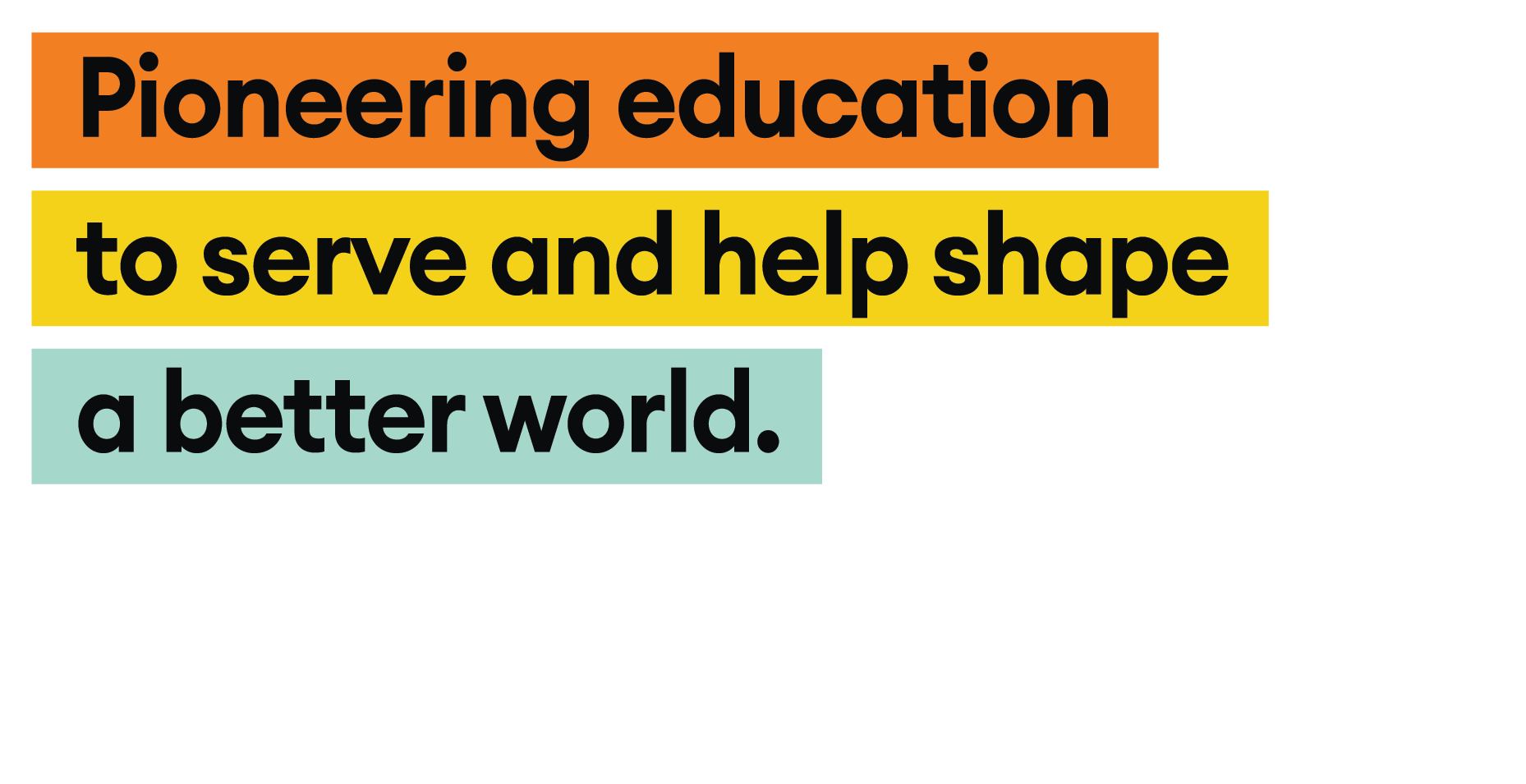Into the Classroom | Phonics Learning in Reception
Monica Mukherjee
Reception Teacher
The phonics programme followed in Wellington is a British scheme called Read Write Inc. It ensures that children learn to read accurately and fluently with sound comprehension. They learn the sounds of each phoneme (the smallest unit of sound), how to form and write each letter (grapheme or phoneme correspondence) through simple and enjoyable mnemonics. We teach the children to encode to spell and decode to read.
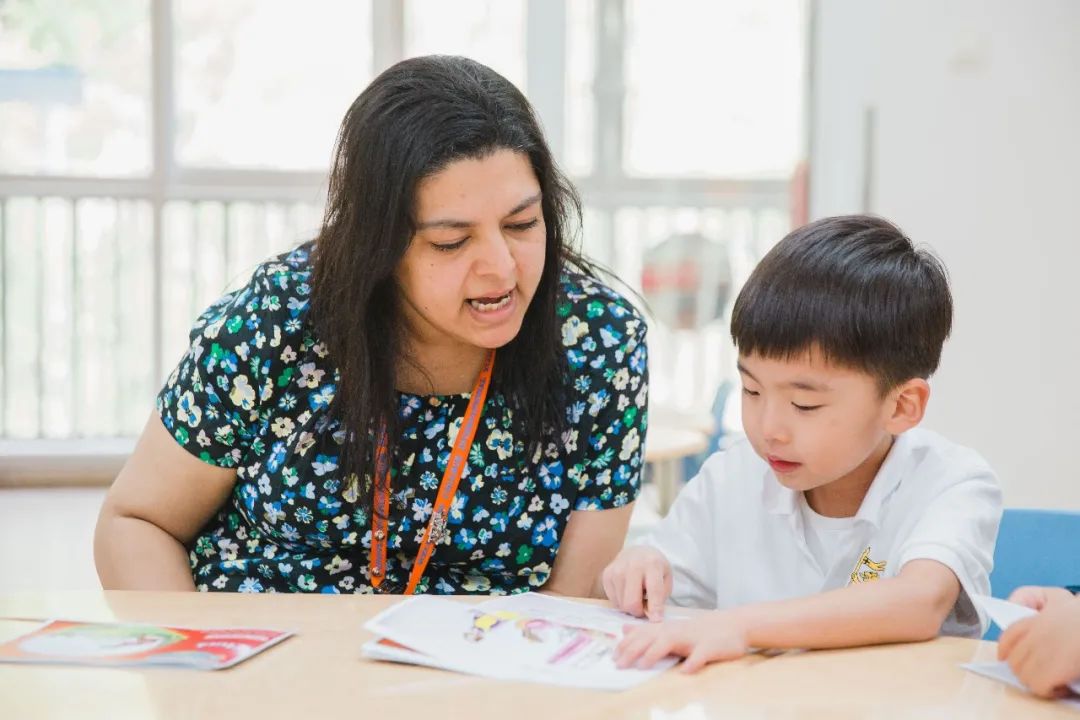
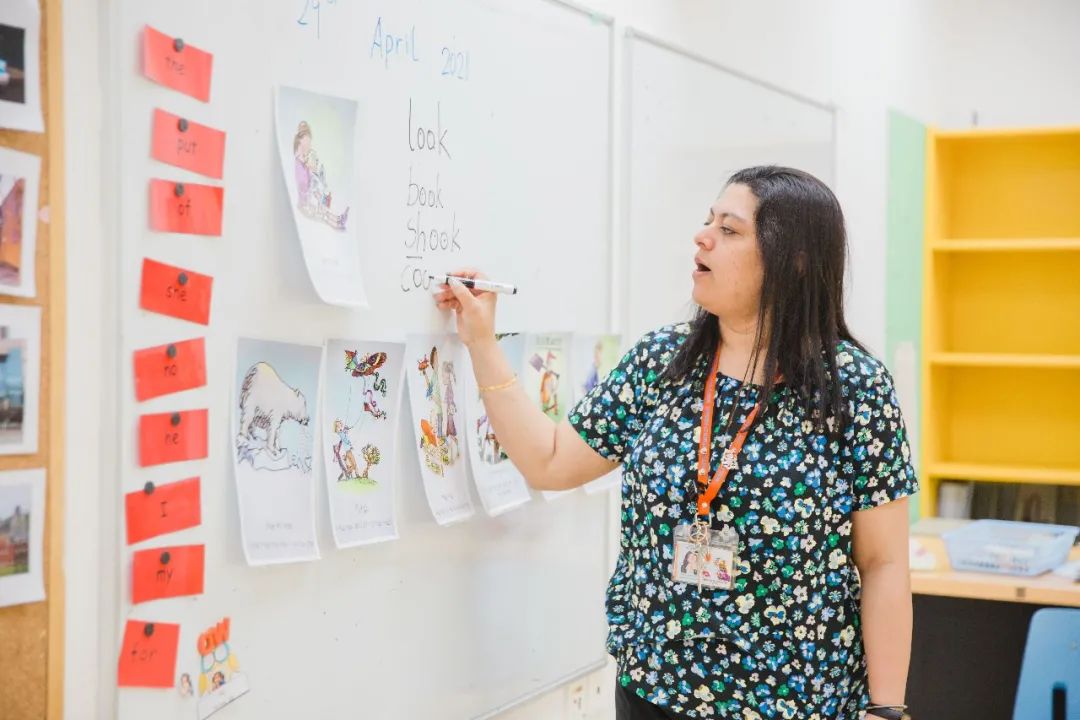
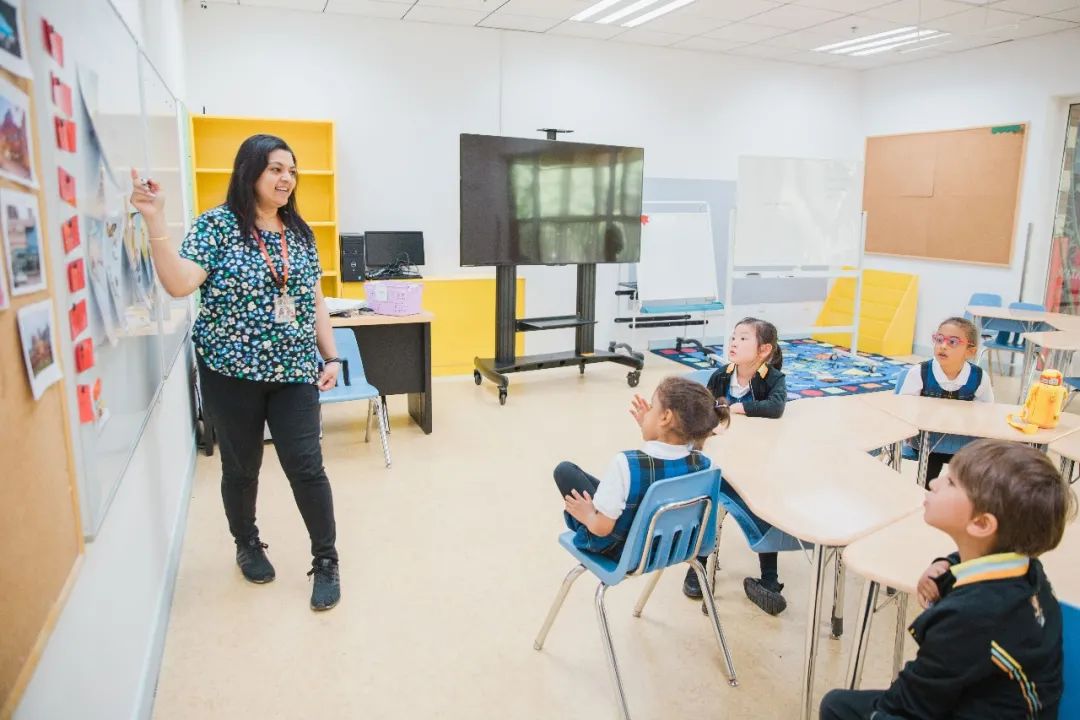
The pace is the key to the programme in 2 ways:
Firstly, the children are divided into groups according to their pace of learning in order to differentiate and consolidate their learning. This is done through a regular cycle of assessments. Ongoing assessments mean that groups are constantly adjusted to ensure the best progress for each child.
Secondly, the children move ahead with their learning as quickly as possible, learning new sounds every day. All sounds learnt are revised daily and the children are encouraged to read words with sounds they have learnt which helps them decode effortlessly. There are phonic reading books available for every stage of learning which further embeds reading fluency.
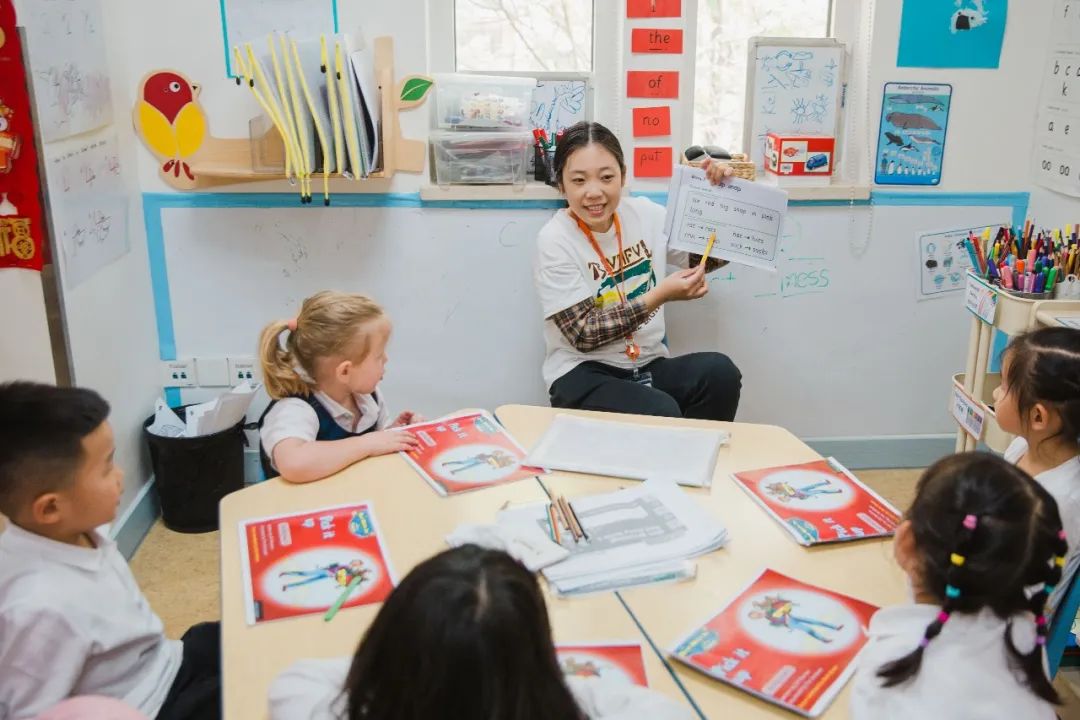
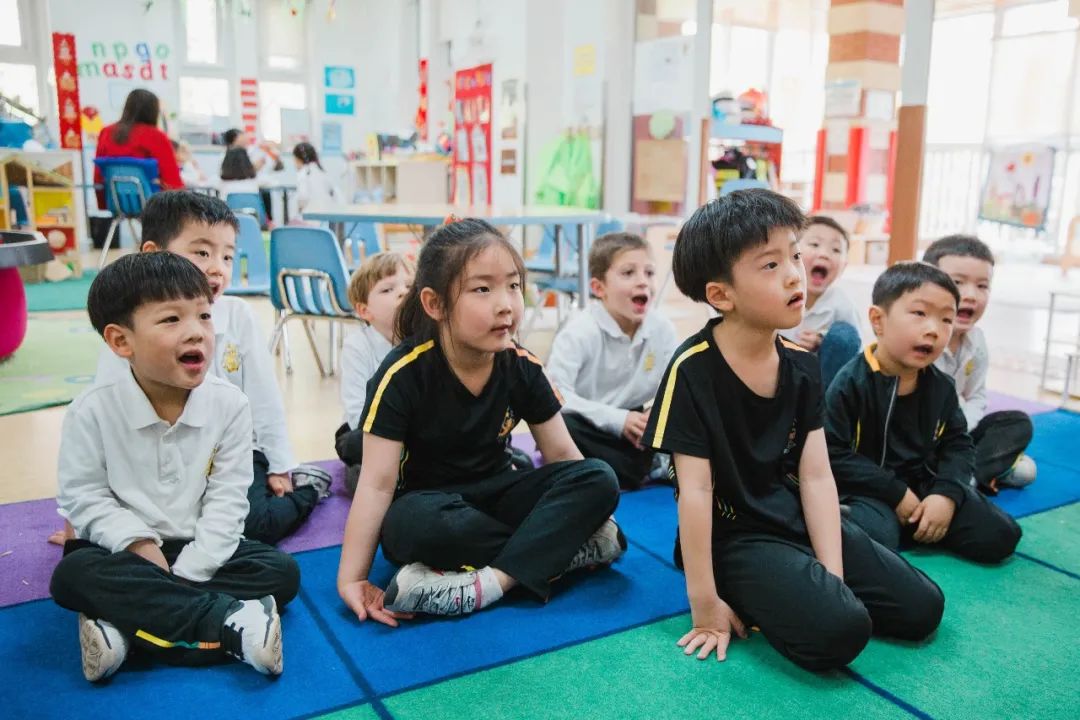
All the children are involved enthusiastically in the lessons because of energetic, passionate and rigorous teaching, quick and effective 'silent signals' of class management and lots of praise.
The Reception children have made great strides in their phonics learning as they not only know sounds of letters of the alphabet as single letters but are also learning digraphs (sh, ch, th as examples) and trigraphs (igh, ear, ure as examples) but can also blend words for reading, segment them for spellings that ultimately help them to write. They are all reading decodable phonics storybooks that are matched to their phonic knowledge. They have learnt some tricky words that are common and useful in reading and writing but not decodable like 'the', 'put' and 'he'.



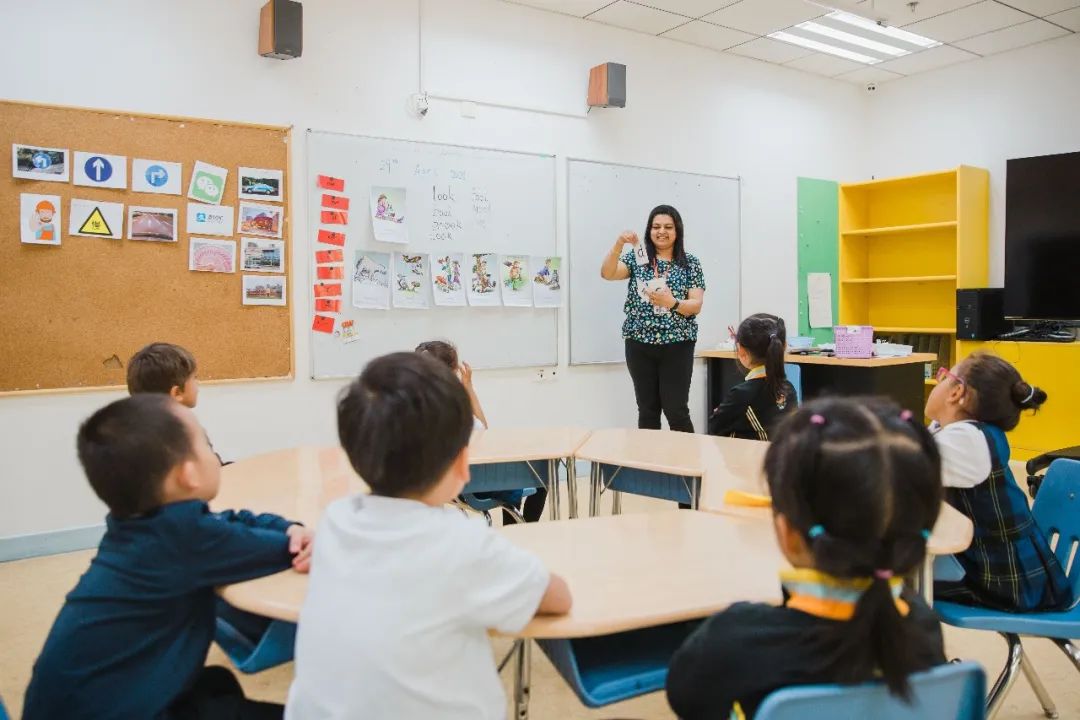
Our creative writers are
now writing independently with
no barriers to their imagination and vocabulary
as they are equipped with their phonic knowledge to write sentences, using inventive spellings for
difficult words.
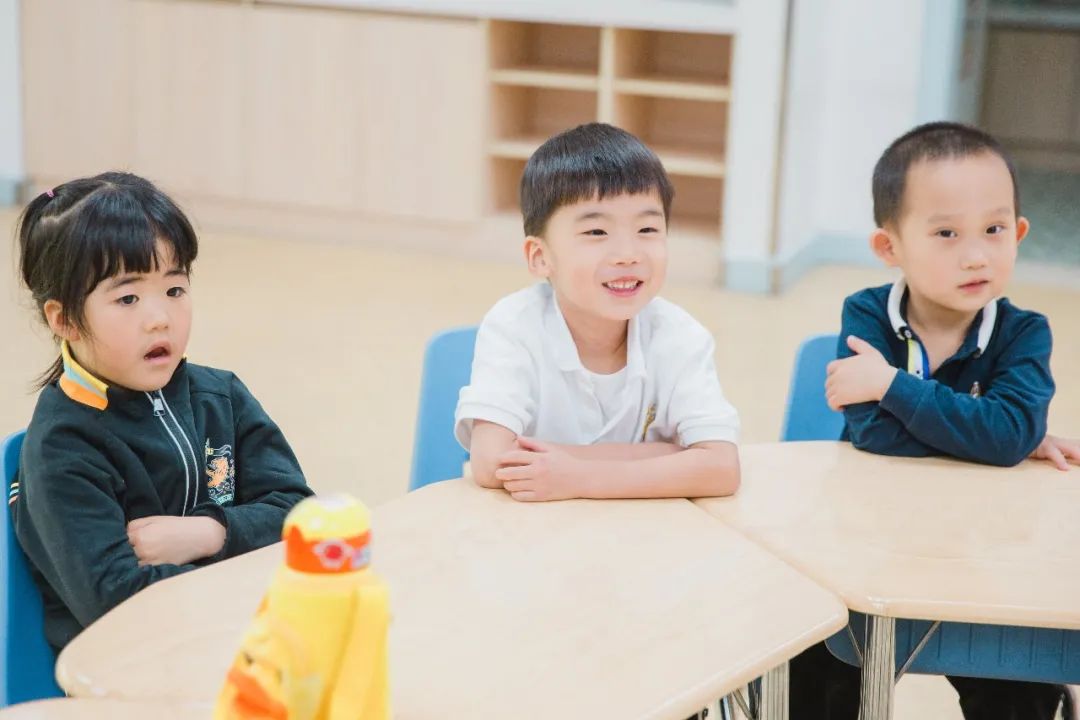
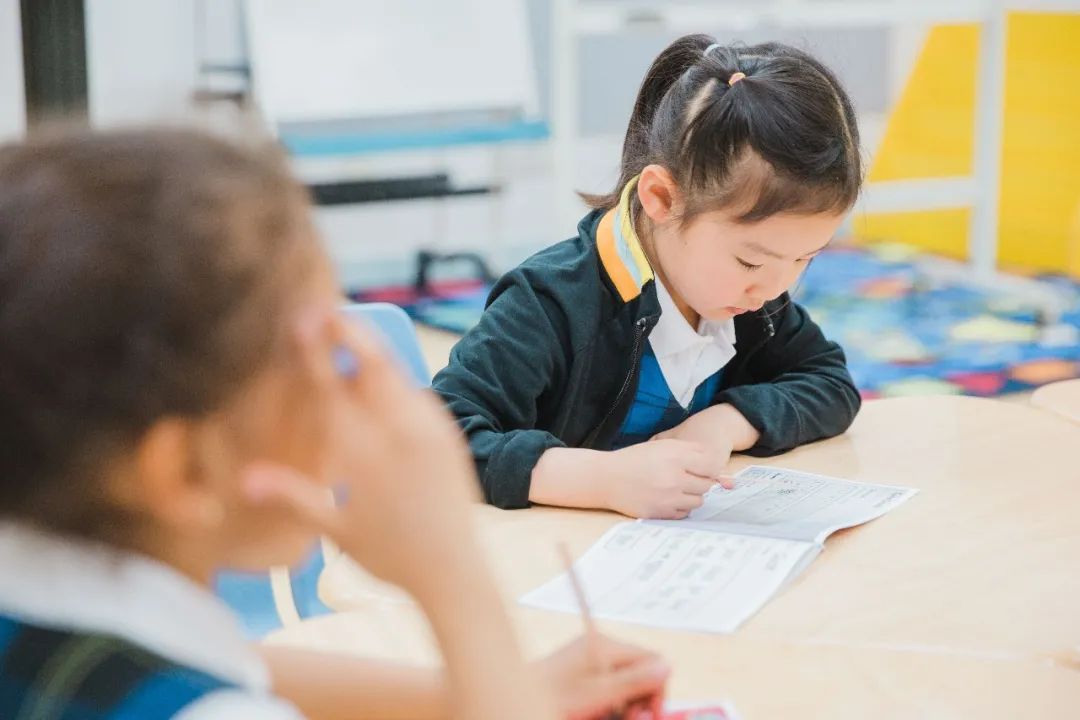


Related Articles








 Channel
Channel 
 Linkedin
Linkedin  Weibo
Weibo  Facebook
Facebook  Ins
Ins 








